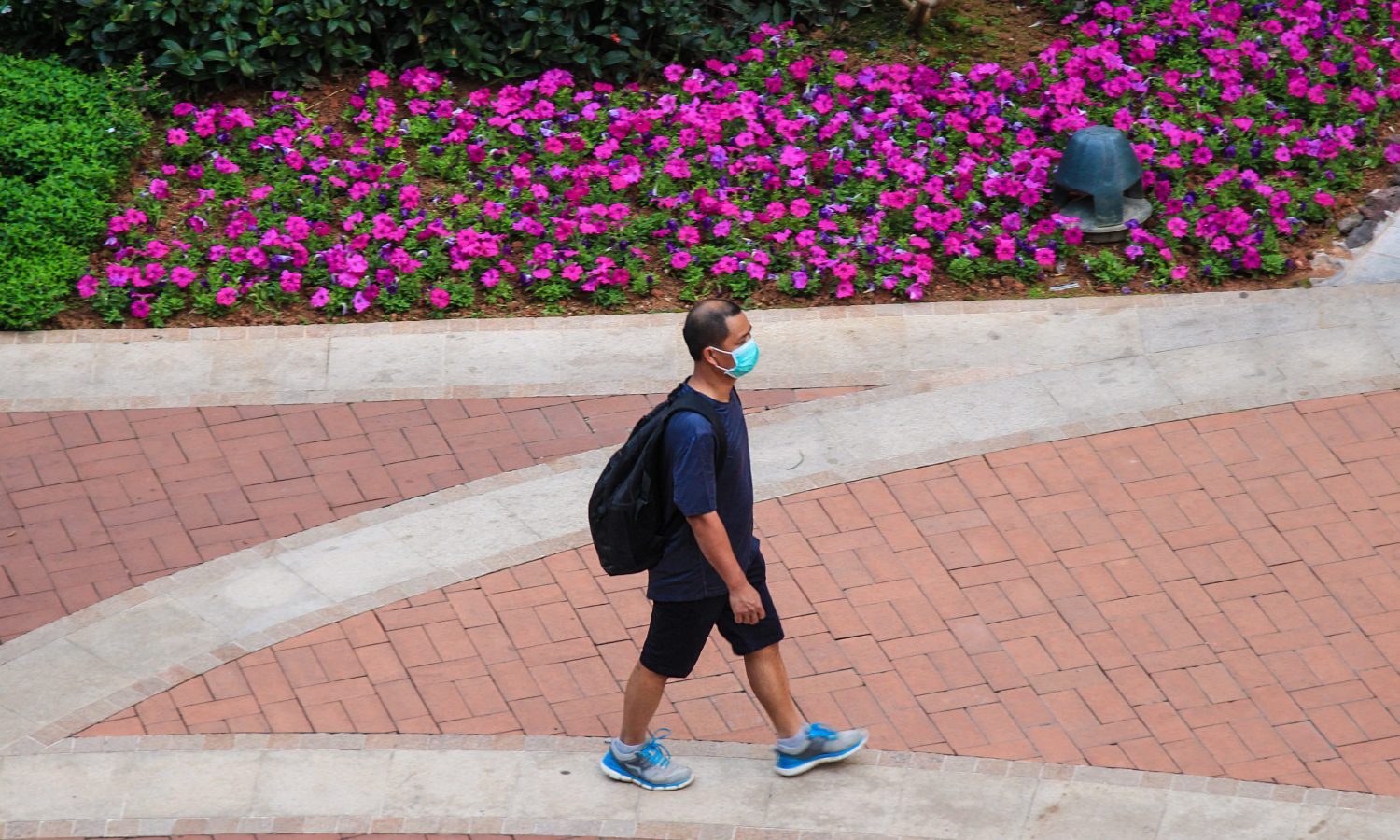Experts believe face masks provide some protection against air pollution. But the amount of protection depends on the type of face mask.
Face masks have never been more popular, but there’s a history of their use in everyday life. Face masks have been used in Asia since long before the pandemic, with data finding them helpful in curbing the spread of the flu, SARS virus, and even our exposure to air pollution. However, experts say it depends on what type of mask you’re wearing.
While some harmful particles are filtered out by cloth face coverings, most pollutants we breathe are prohibited primarily by surgical masks due to their tightly woven fibers.
Pulmonologist Dr. Denitza Blagev explained to FOX 13 that N95 masks can offer significant protection. “It will work for trapping the particulates and reducing the particular air pollution exposure, and it will prevent you from getting COVID exposure.”

Richard Peltier, associate professor of environmental health science at the University of Massachusetts Amherst, said something similar to Men’s Health. “If we’re just talking about what we call ambient air pollution—that’s the stuff that comes out of factories and the tailpipes of cars and trucks—the answer is yes. When you’re wearing an N95 mask, it actually does protect you from that kind of exposure. Those masks do a pretty good job of filtering out the smallest particles.”
RELATED: What You Need To Know About Face Masks And How They Work
Peltier says that face coverings, such as bandanas and cloth masks, provide little protection from air pollution but that a study from 2016 showed that they were able to filter about 15% to 30% of contaminated air particles.
While this knowledge shouldn’t enable people to walk comfortably through construction sites with just their face coverings, it shows that they provide a small amount of protection that’s preferred over wearing nothing at all.


